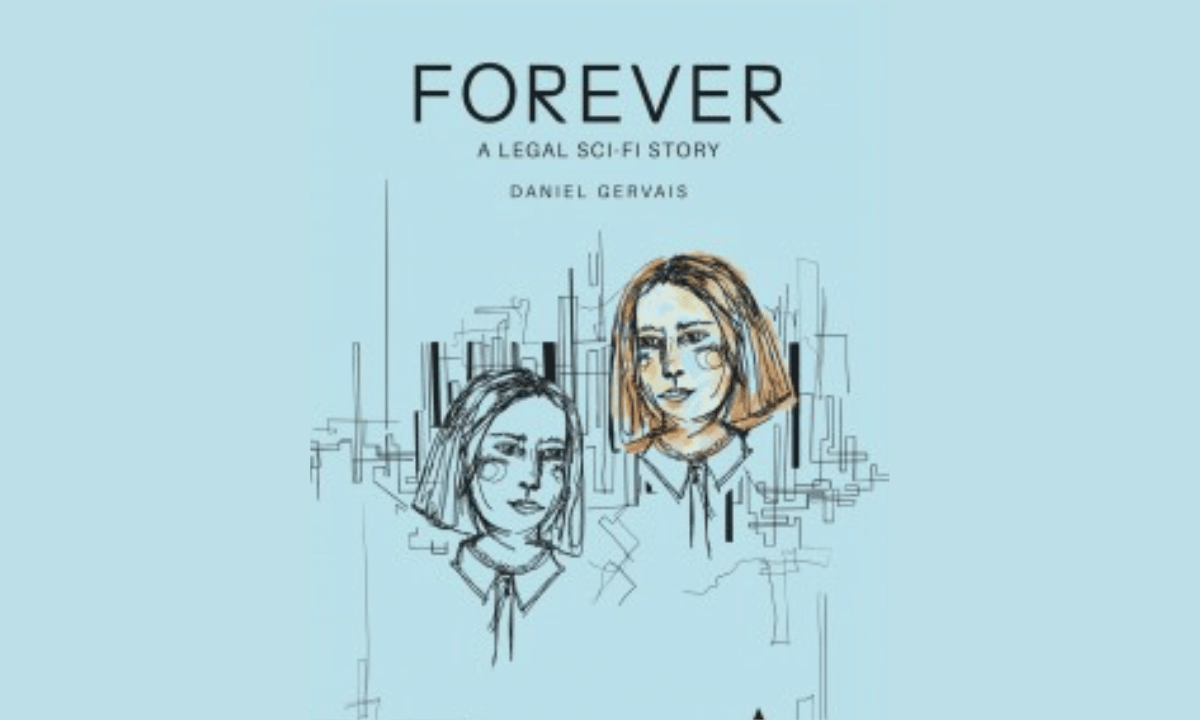 Three copyright law scholars―Joseph Fishman of Vanderbilt, Chris Buccafusco of Cardozo Law School and Mark Lemley of Stanford Law School―have written an amicus brief in Skidmore v. Led Zeppelin, an infringement case involving Led Zeppelin’s song Stairway to Heaven. The case, which will be heard en banc by the U.S. Court of Appeals for the Ninth Circuit this fall, has the potential to reform the standard for copyright infringement.
Three copyright law scholars―Joseph Fishman of Vanderbilt, Chris Buccafusco of Cardozo Law School and Mark Lemley of Stanford Law School―have written an amicus brief in Skidmore v. Led Zeppelin, an infringement case involving Led Zeppelin’s song Stairway to Heaven. The case, which will be heard en banc by the U.S. Court of Appeals for the Ninth Circuit this fall, has the potential to reform the standard for copyright infringement.
The case was filed by the estate of Spirit band member Randy Wolfe. It alleges that elements of Stairway’s famous opening were copied from Wolfe’s song Taurus. A jury decided in favor of Led Zeppelin in 2016, finding that the two songs were not substantially similar. But the case was reinstated by a three-judge panel of the Ninth Circuit because, in its view, the trial court had not properly instructed the jury on the infringement standard.
To prove copyright infringement, a plaintiff must show both (1) that the defendant actually copied the work as opposed to independently creating it and (2) that any copying that occurred was substantial enough to be unlawful. In their amicus brief, which has been signed by 16 additional intellectual property scholars, Fishman, Lemley and Buccafusco encourage the court to clarify both elements of this test.
First, on the question of actual copying, they ask the court to abandon its rule that proof of greater access to the plaintiff’s work reduces the amount of similarity that the plaintiff needs to show. Access to the work, they stress, is relevant only insofar as it increases the probability that copying occurred. Although the opportunity to access to the plaintiff’s work is “essential for establishing the possibility of copying,” the authors point out that greater access “does not logically increase the probability that the defendant copied from the plaintiff.”
Second, in examining the question of how much copying is too much, the authors argue that the scope of the copyright in Taurus should be limited to its melody and lyrics. In contrast to the sort of multi-element selection-and-arrangement theory at issue in the Stairway to Heaven case, they note that courts had long applied that limitation to music cases under the Copyright Act that governed at the time that Wolfe wrote Taurus. Wolfe, according to the amicus brief, “could not have reasonably expected his copyright to cover more than the notes of the melodic line.” They contend that the court should not broaden that scope retroactively.
The brief also argues that, even if the court were to allow a selection-and-arrangement theory of infringement, it should at least require a higher degree of overlap between the two works. An infringement plaintiff who “points to only certain aspects of a short snippet of its work,” rather than alleging unlawful appropriation of the work as a whole, must prove that those aspects are not just similar but “virtually identical in each work,” they argue. Such a rule would reflect a fundamental principle, regularly applied in copyright cases involving other kinds of copyrightable subject matter, that “the fewer the choices available to the author, the thinner the copyright.”
Read the amicus brief filed by Lemley, Buccafusco and Fishman in the Stairway to Heaven copyright case.


